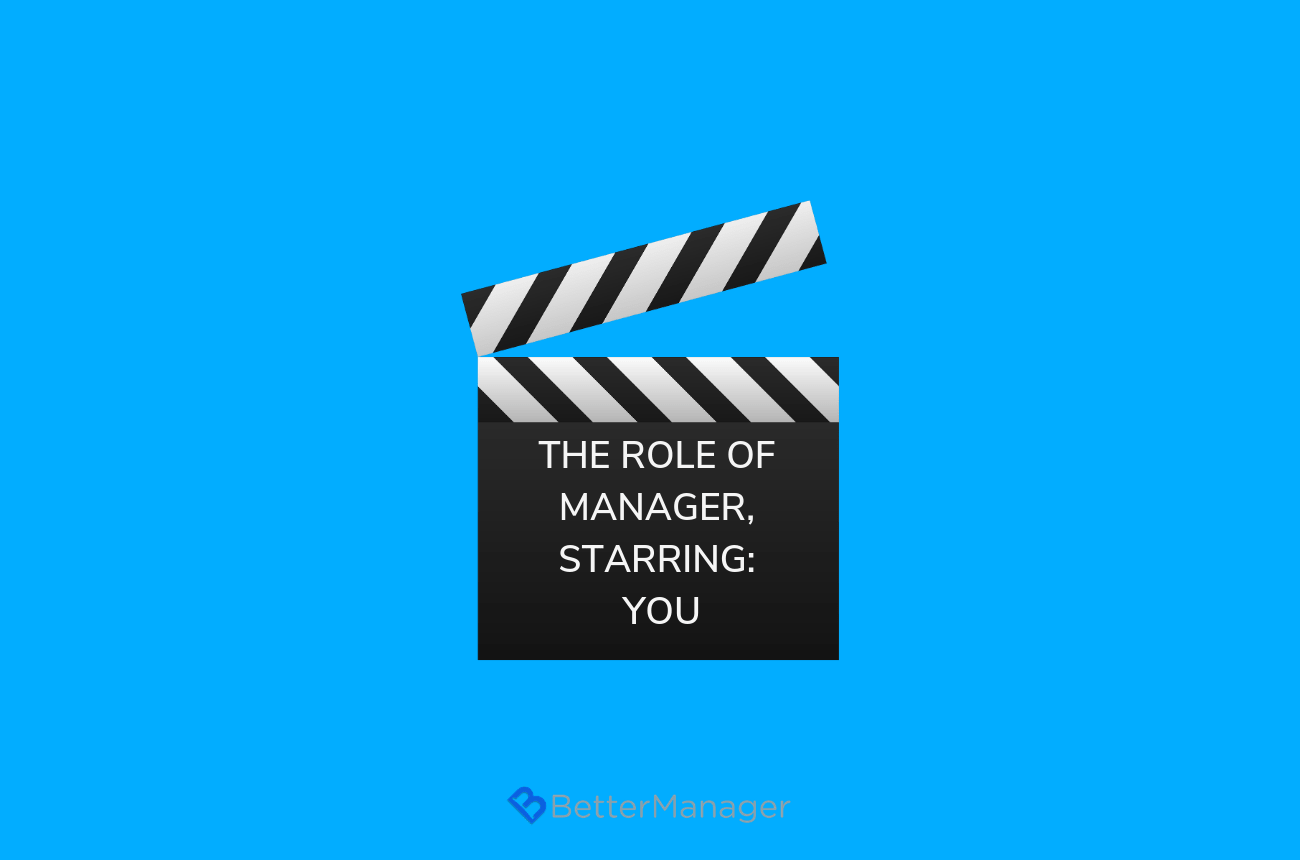
You are not the role you play.
You can have many roles in life: parent, marriage partner, sibling, child, employee, manager, etc. But what I stress in my leadership coaching practice is that you are not just the role and this is especially true if you are a manager.
Shifting from being an individual contributor to a manager is probably one of the most challenging transitions you can make in life. It takes a very different mindset. It is no longer about you and your expertise. It is about creating a team that becomes “us.” Good managers are leaders! You have the ability to make a difference in the lives of those you work with and in the organization as a whole–if you can bring what you need to the role. Does this mean you have to become a different person? Not at all.
Think about the movie, “The Godfather,” and the part that lead actor, Al Pacino, played. What a convincing performance as that character! But he wasn’t the godfather. Pacino needed to bring his best self into the role. He needed to understand the role. He took into account the script, the director’s instruction, and how the godfather character was integrated with all the other characters (large or small roles). Understanding his role and bringing that understanding into his performance was critical to telling the story. In a similar fashion, you, in your role as a manager, need to understand what your organizational role is. Who is your audience, what are the circumstances, and what results are you trying to achieve?
I was coaching an executive who had high expectations of himself. When he received his feedback survey results from his manager, peers, and direct reports, he all but ignored the positive comments. Instead, he focused on the critical comments (of which there were very few). He took the criticism as a personal attack. I worked to help him separate who he was from the role he played. This separation let him focus on how he could improve in his role as a manager, rather than being obsessed by the critical feedback, which was hurting his self-esteem.
For another client, a high-powered sales executive, managing had become extremely intense, with emotional highs and lows. This was depleting him of energy and effectiveness. It became clear that he was allowing his personal emotions to come out in his managerial role. And he was reacting to others on more of a personal level. As the sales executive’s self-awareness increased, he understood that if his mood was up, that feeling could spark positive moods in others. If he came to work angry, that emotion would spark anger in others. At the same time, when he reacted, others reacted. Emotions can create a self-feedback loop that energizes (or de-energizes) us.
The executive gained the insight that he could shape his role and learned he was not stuck in a fixed way of acting. Once he understood and accepted that his role was to model himself in front of others, he found that modeling acted, in his words, “as a governor for emotions.” Modeling became a tool that helped him regulate his emotions.
When you can separate yourself from your role, it can become more positively energizing for you and your organization. You can then focus on shaping your role by embodying and modeling the appropriate behavior.
Being a successful manager requires accepting that you are a leader and you have responsibility for others. It means owning and embracing the idea that you are someone’s boss, and, in that capacity, you need to be open, friendly, and caring. But not on a personal level. You have to model the appropriate behavior for the role that you play.
We at BetterManager have studied the best managers and have learned that a truly successful manager knows this: You are not the role you play. When leaders and managers understand the positive transformational power of their role and the part that they play with their team, then they have the ability to make a positive difference in the lives of those around them.
It’s an offer you can’t refuse: Understand your role and play it well so that you and your employees can perform like the stars you are.